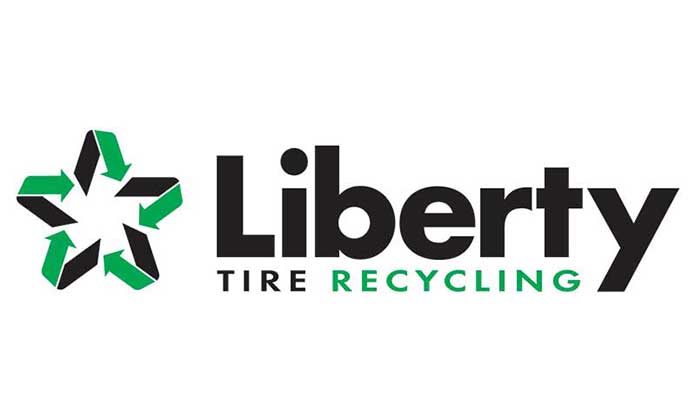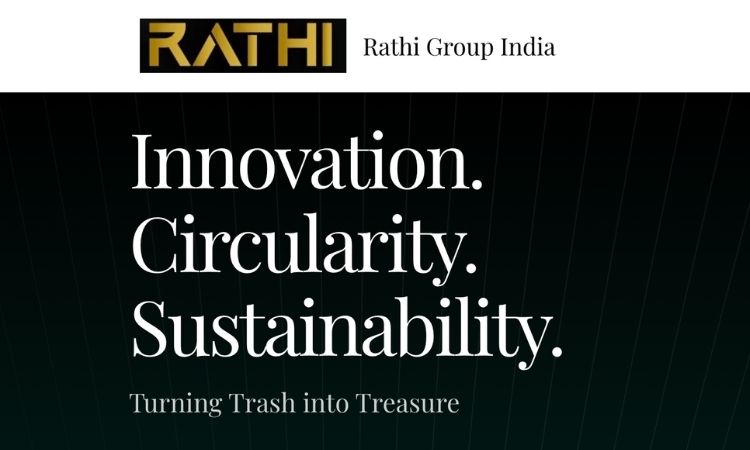Contec's CEO Krzysztof Wróblewski explores future of circular mobility through recycled tires
In a recent article by Automotive World, Krzysztof Wróblewski, Chief Executive Officer, and Chief Technology Officer at Contec S.A., delves into the potential of recycled tires to reshape the future of mobility. Rather than viewing end-of-life tires (ELTs) as mere waste, the automotive industry can leverage them as valuable secondary feedstock for tire manufacturing, aligning with circular principles. This shift could substantially reduce the carbon footprint of tires and contribute to manufacturers' ambitious 2050 goals of achieving net-zero emissions.
While the tire-to-tire model, where raw materials are sourced from ELTs, is gaining attention, tire recycling poses significant challenges due to the durable and composite nature of tires. However, advancements in devulcanization technologies and chemical recycling show promise in addressing these challenges. Chemical recycling, with its ability to break down synthetic plastic polymers into component chemicals, holds potential for delivering circular raw materials for the tire industry.
An integral aspect of achieving a circular economy in the automotive sector is designing tires with recyclability in mind. Considering circular perspectives during the initial design phase enables the creation of more circular tires in the future. This proactive approach helps mitigate challenges related to tire revaluation at the end of their life cycle. Moreover, providing clear material information, such as descriptive inscriptions on tire sidewalls, can significantly aid the recycling process, leading to reduced energy consumption, minimized environmental pollution, and strengthened circular economies.
Tire pyrolysis, a standard chemcycling process, is gaining market interest due to its potential contribution to circular economies. Technologies like Molten technology in tire pyrolysis enhance process safety, providing greater control over parameters and ensuring stability, repeatability, and quality consistency.
The adoption of recovered materials, regardless of the sourcing method, involves collaborative efforts within the industry. Tire producers are forging partnerships and collaborating on asset management to position themselves in the emerging circular value chain. Standardization of recycled carbon black (rCB) is crucial for wider adoption, and collaborations between stakeholders along the value chain are likely to be instrumental in creating common standards and tests for rCB.
Leading tire manufacturers are already incorporating recycled materials like rCB and tire pyrolysis oil (TPO) into their products, contributing to sustainability. However, achieving a significant reduction in the carbon footprint of tires requires collaboration among industry players. In a circular business model, partnerships become essential to address challenges related to circular raw material supply, waste management, and environmental impact, ensuring that the industry stays ahead in the circular automotive landscape.
To find out more about this transformative perspective, proceed to the original article on Automotive World.
Weibold is an international consulting company specializing exclusively in end-of-life tire recycling and pyrolysis. Since 1999, we have helped companies grow and build profitable businesses.









